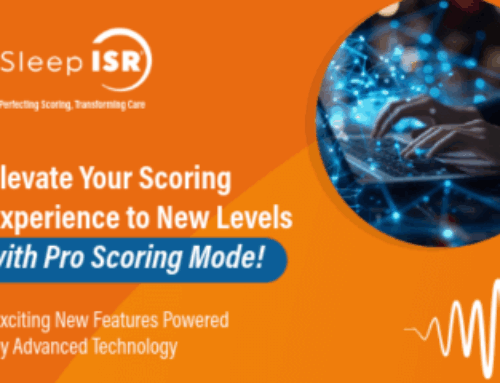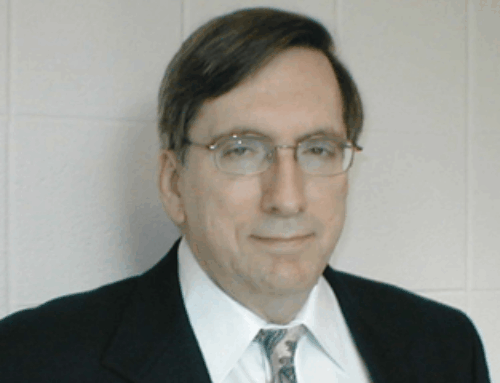WESTCHESTER, Ill.– With the days getting shorter, fall will soon give way to winter. For some winter is the time of year they experience depression and sleep problems, common signs of seasonal affective disorder (SAD). The American Academy of Sleep Medicine (AASM) encourages those who may experience such symptoms to consult with a sleep specialist for an appropriate medical treatment so that you can soon improve your sleep and your outlook on life.
“People with depression may have trouble sleeping at night. They often have an excessive level of sleepiness during the day. They also tend to dream more quickly after falling asleep. People with depression can have a hard time coping with struggles in their life. This can lead to a number of social problems,” says David A. Kristo, MD, medical director of the Walter Reed Army Medical Center’s Sleep Disorders Center in Washington, D.C., and a diplomate of the American Board of Sleep Medicine.
Dr. Kristo notes that other common signs of seasonal depression include mood changes, constant sadness, a lack of energy and withdrawing from other people.
According to Dr. Kristo, SAD is common during the winter months because of the less amount of sunlight. Sunlight, says Dr. Kristo, signals to your brain that it is time for your body to be awake and alert. During the dark months of winter, your body’s timing is thrown off, resulting in more sleepy and sluggish feelings during the day. The best treatment for SAD is increasing the amount of natural sunlight that you see during the day, says Dr. Kristo. A study published in a recent issue of the journal SLEEP found that those who are indoors and briefly exposed to natural bright light face a decreased risk of feeling sleepy in the afternoon.
You may still, however, be unable to get enough sunlight during the short days of winter, says Dr. Kristo, adding that bright light therapy is often suggested as a useful treatment for SAD. This treatment exposes your eyes to intense but safe amounts of indirect light for a specific and regular length of time. Much stronger than standard indoor lighting, this light is measured in units called “lux”.
Although an effective treatment option, you should never begin using bright light therapy without the supervision of a doctor, who will help you make sure that your treatment sessions are both safe and effective and may refer you to a sleep specialist for more help, adds Dr. Kristo.
Several recent studies outline the negative consequences of depression on a person’s sleep:
- The complaint of insomnia is strongly correlated with that of depression and anxiety.
- Depressive symptoms have a strong, graded association with subjective sleep disturbances.
- Insomnia strongly predicts depression development.
- In formerly depressed subjects, poor sleep facilitates recall of neutral material, whereas improved sleep facilitates recall of positive emotional stimuli.
- Depression may be much more common in those with sleep disorders, with its prevalence and severity being greatest in those with psychophysiological insomnia.
On average, most adults need seven to eight hours of sleep each night to feel alert and well-rested.
The AASM offers the following tips on how to get a good night’s sleep:
- Follow a consistent bedtime routine.
- Establish a relaxing setting at bedtime.
- Get a full night’s sleep every night.
- Avoid foods or drinks that contain caffeine, as well as any medicine that has a stimulant, prior to bedtime.
- Do not go to bed hungry, but don’t eat a big meal before bedtime either.
- Avoid any rigorous exercise within six hours of your bedtime.
- Make your bedroom quiet, dark and a little bit cool.
- Get up at the same time every morning.
More information about SAD is available from the AASM at https://www.SleepEducation.com/Topic.aspx?id=46.
SleepEducation.com, a Web site created by the AASM, provides information about various sleep disorders, the forms of treatment available, recent news on the topic of sleep, sleep studies that have been conducted and a listing of sleep facilities.
AASM is a professional membership organization dedicated to the advancement of sleep medicine and sleep-related research.
To arrange an interview with an AASM spokesperson, please contact Jim Arcuri, public relations coordinator, at (708) 492-0930, ext. 9317, or jarcuri@aasm.org.
# # #




